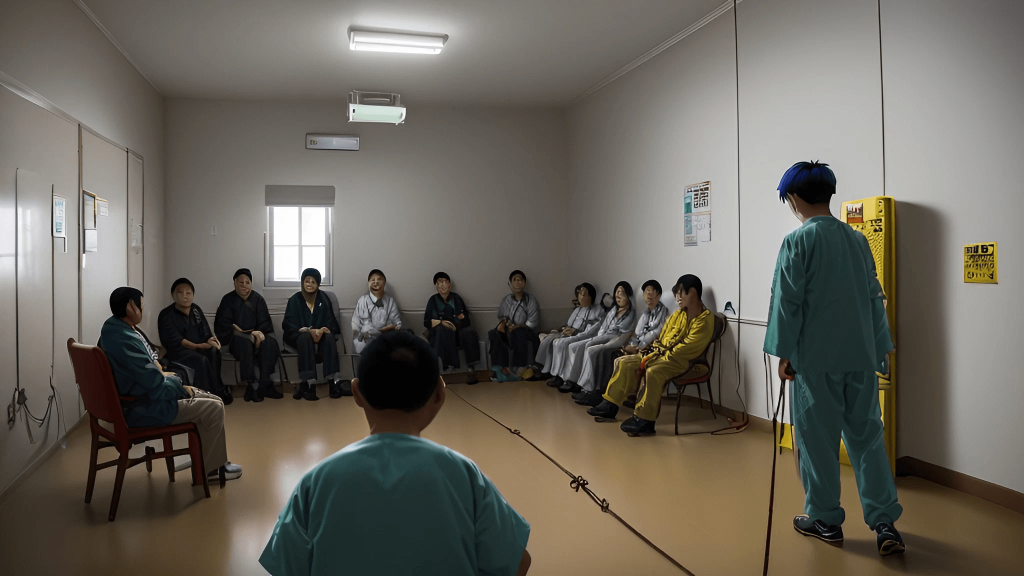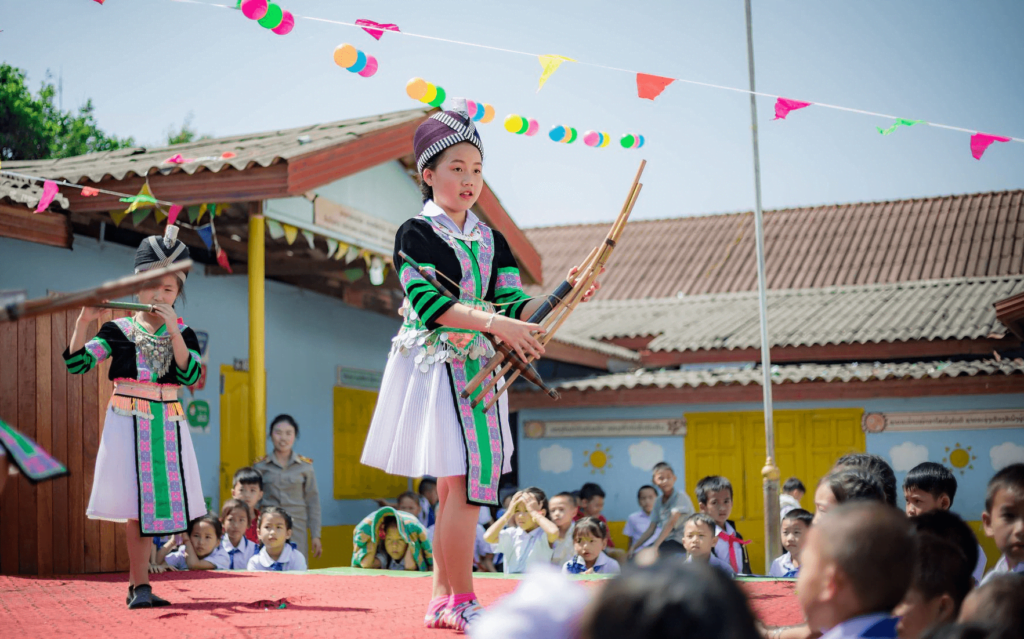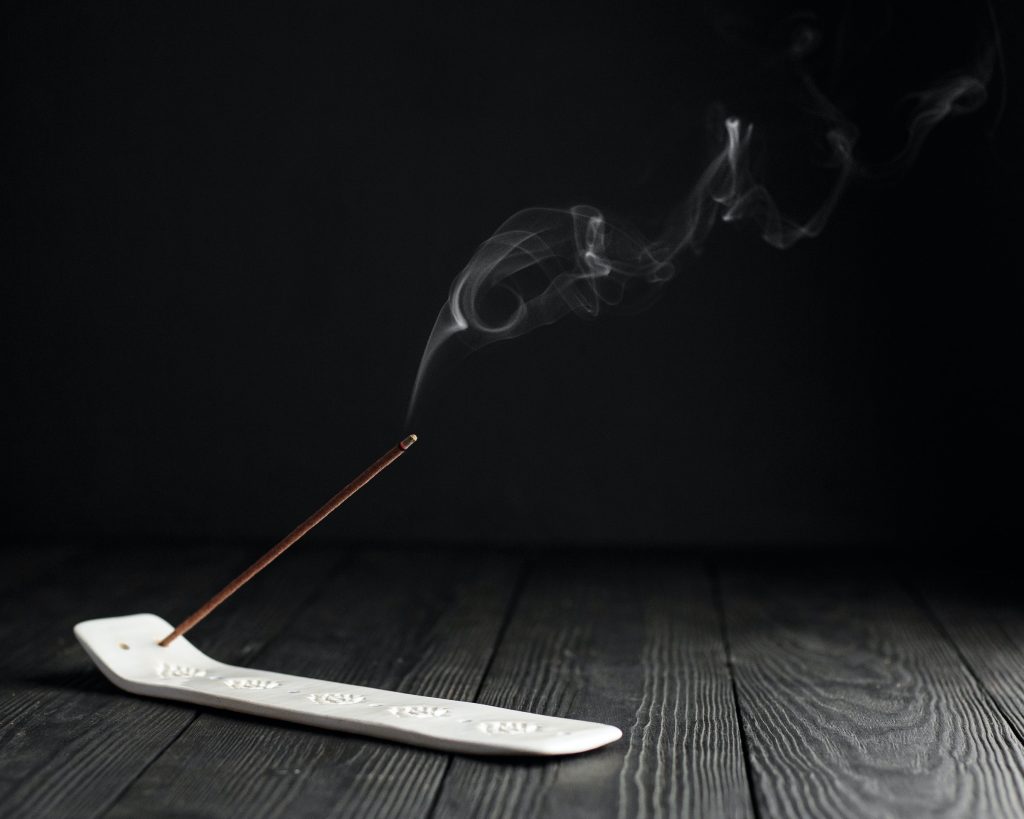
“Empowering Hmong Americans: A Podcast Bridging the Gap to Mental Health Treatment”
In an effort to address questions and combat stigma surrounding mental health treatment, a group of four therapists from Woodbury launched “The Hmong Mental Health Podcast.”
Gathered in the cozy offices of Vanguard Mental Health and Wellness Clinic, the therapists convened to record the third episode of the podcast. Since its inception in March, the podcast has been gaining recognition within the mental health treatment community.
Dr. Alyssa Kaying Vang, a psychologist who established Vanguard 15 years ago, envisioned the podcast as a means to break down barriers to therapy for Hmong Americans.
“While there has been an increase in openness towards mental health services, the Hmong community still faces significant stigma,” Dr. Vang remarked.
The traditional Hmong culture places emphasis on physical and spiritual well-being, leaving little room for the concept of mental health. However, Hmong therapists who have received training in the United States incorporate Western approaches into their practice.
Dr. Vang pointed out that the advent of social media has presented mental health practitioners with both opportunities and challenges. While people now have greater access to information, there is also a heightened risk of encountering misinformation.
The distinction between physical and mental health has long been blurred within the Hmong community. Symptoms associated with mental health issues in the United States, such as loss of appetite or poor concentration, are often attributed to spiritual or physical distress in Hmong culture.
“Mental health is often associated with weakness, shame, and vulnerability that we are reluctant to display to the community,” Lor acknowledged. “Thus, we must delve into numerous layers in order to fully address the issue.”
A 2020 report by Wilder Research highlighted the lack of culturally competent mental health resources available for the Hmong community. At that time, there were only a handful of Hmong therapists in Minnesota, including Dr. Vang. Since then, the field has expanded, with approximately 30 mental health providers who speak Hmong now practicing in the state.
Despite this progress, the demand for services still exceeds the available resources. Dr. Vang revealed that she hired four new therapists in 2020, yet the clinic continues to receive new referrals on a daily basis and maintains a waiting list for patients.
Even among Hmong individuals born in the United States, there is a strong desire for culturally specific care. “There is a great need for providers who share our appearance and language,” mentioned therapist and podcaster Mosi Thao.
Recognizing the significant pain experienced by the community, Dr. Vang decided to focus the first season of the podcast on self-healing. Previous episodes have explored topics such as attachment and trauma, delving into how these issues are experienced by Hmong individuals.
“Due to the Hmong people’s history of oppression and displacement, we have internalized a narrative that portrays us as a people without a country,” Dr. Vang explained in her introduction to the third episode.
While the podcast primarily uses English as its language of communication, the hosts occasionally switch to Hmong “when certain concepts are better conveyed in that language,” Dr. Vang clarified. Some notions, such as specific disorders like schizophrenia, are better understood within an English-speaking context.
Listeners have expressed their appreciation for the bilingual nature of the podcast, even if it involves just a few words or phrases in Hmong. “Younger generations have remarked that they are eager to learn the Hmong language through these podcasts,” Thao shared.









Responses